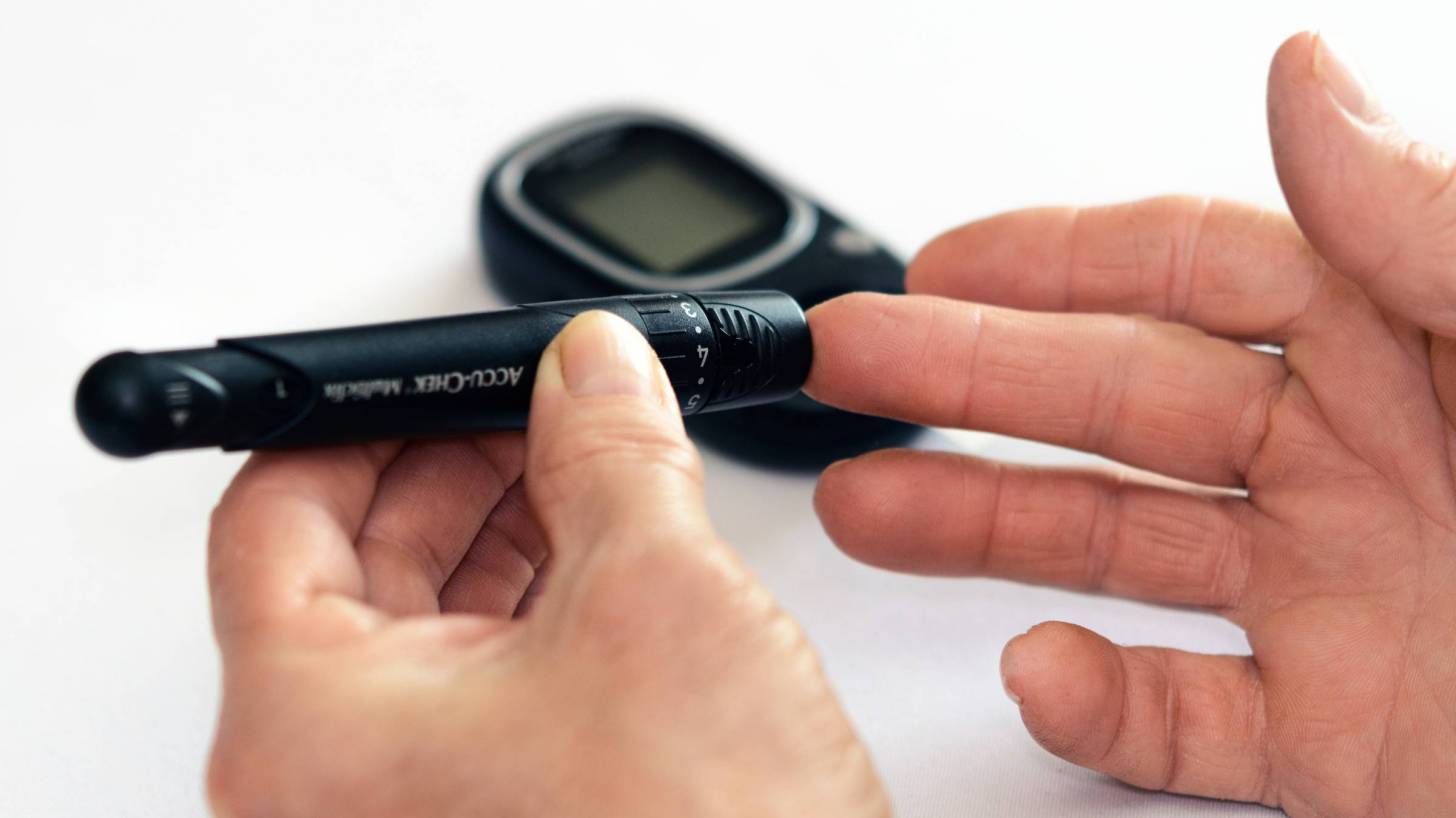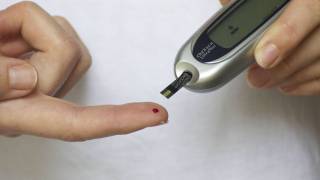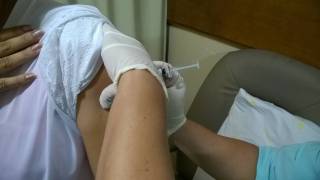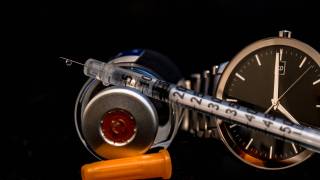1st Severe Hypoglycemia Treatment Administered Without an Injection Gains FDA Approval

The U.S. Food and Drug Administration (FDA) has approved Baqsimi nasal powder, the first glucagon therapy for the emergency treatment of severe hypoglycemia in patients with diabetes ages four and older, that can be administered without an injection.
Baqsimi is a powder administered into the nose and will come in a single-use dispenser that can be given to someone suffering from a severe hypoglycemic episode.
Baqsimi increases blood sugar levels in the body by stimulating the liver to release stored glucose into the bloodstream. Typically, severe hypoglycemia occurs in people with diabetes who are using insulin treatment.
Baqsimi has the opposite effect of insulin, which lowers blood sugar levels.
Severe hypoglycemia occurs when a patient’s blood sugar levels fall to a level where he or she becomes confused or unconscious or suffers from other symptoms that require assistance from another person to treat, said the FDA in a press release.
“There are many products on the market for those who need insulin, but until now, people suffering from a severe hypoglycemic episode had to be treated with a glucagon injection that first had to be mixed in a several-step process,” said Janet Woodcock, M.D., director of the FDA’s Center for Drug Evaluation and Research.
“This new way to administer glucagon may simplify the process, which can be critical during an episode, especially since the patient may have lost consciousness or maybe having a seizure.”
Glucagon is a hormone produced in the pancreas that stimulates your liver to release stored glucose into your bloodstream when your blood glucose levels are too low.
“In those situations, we want the process to treat the suffering person to be as simple as possible,” said Dr. Woodcock.
The efficacy and safety of Baqsimi nasal powder glucagon to treat severe hypoglycemia was evaluated in two studies of 83 and 70 adults with diabetes, comparing a single dose of Baqsimi to a single dose of glucagon injection in causing a blood sugar response to insulin-induced hypoglycemia.
Baqsimi was found to adequately increase blood sugar levels in these studies.
Additionally, in a pediatric study of 48 patients over the age of four with type 1 diabetes, similar results were observed.
Baqsimi should not be taken by patients with pheochromocytoma, a rare tumor of adrenal gland tissue, or by patients who have an insulinoma, a tumor of the pancreas.
Baqsimi should not be taken by patients with a known hypersensitivity to glucagon or the inactive ingredients found in Baqsimi, as allergic reactions may occur.
Baqsimi also carries a warning that it should be used with caution by those who have been fasting for long periods, have adrenal insufficiency or have chronic hypoglycemia because these conditions result in low levels of releasable glucose in the liver.
The most common adverse reactions associated with Baqsimi are nausea, vomiting, headache, upper respiratory tract irritation, watery eyes, redness of eyes and itchiness. Side effects of Baqsimi are similar to injectable glucagon, with the addition of nasal and eye-related symptoms, such as watery eyes and nasal congestion, because the way the drug is administered.
Treatment for severe hypoglycemia will depend on how conscious the person is. In some cases, someone with diabetes may recover enough to be able to treat the hypo themselves. This may be the case following a seizure.
However, this may not always be the case and therefore it’s best to treat severe hypoglycemia as an emergency and seek help from a healthcare provider asap.
The FDA granted the approval of Baqsimi to Eli Lilly and Company. The FDA is an agency within the U.S. Department of Health and Human Services, that protects the public health by assuring the safety, effectiveness, and security of human and veterinary drugs, vaccines and other biological products for human use, and medical devices.
Our Trust Standards: Medical Advisory Committee










